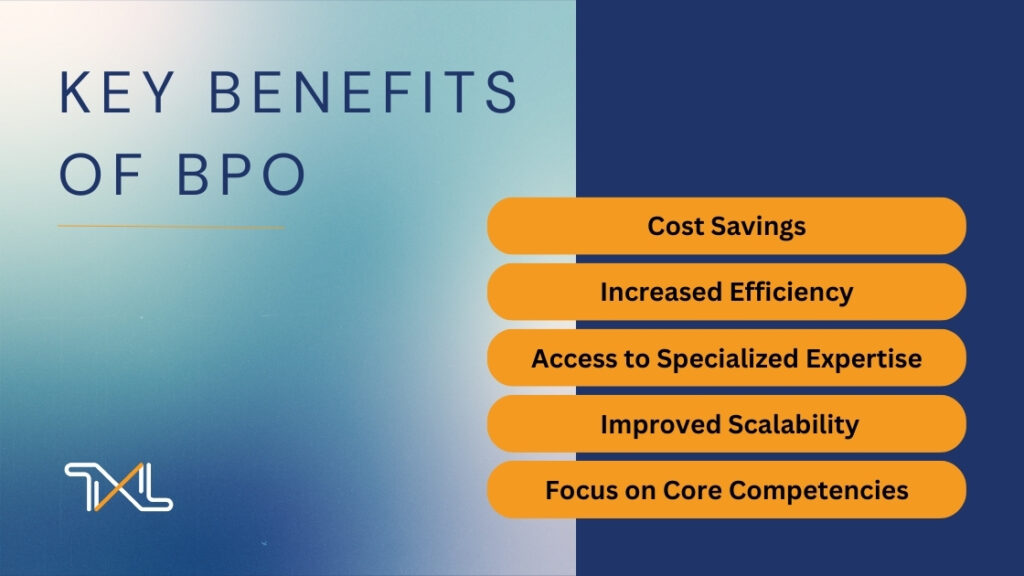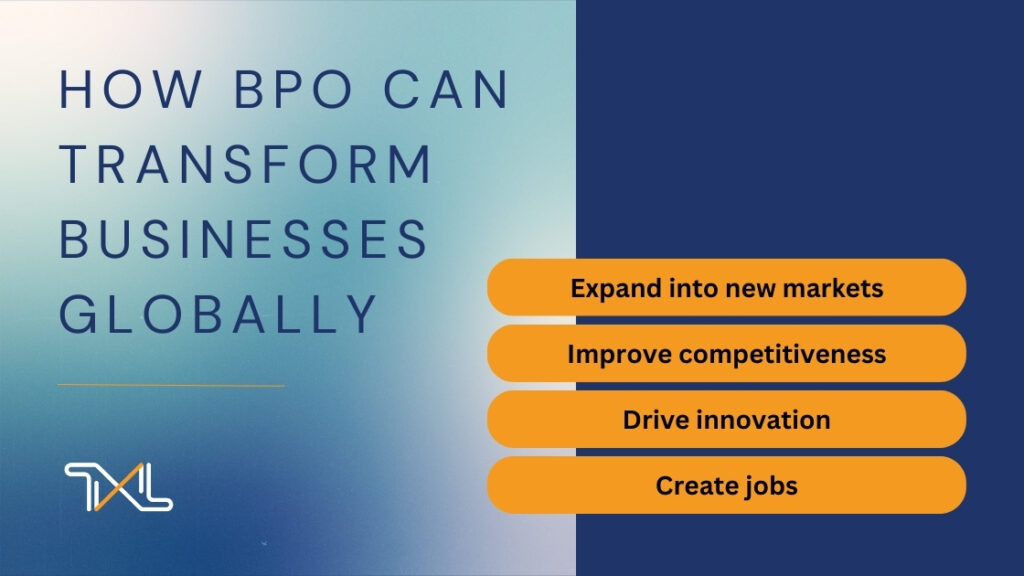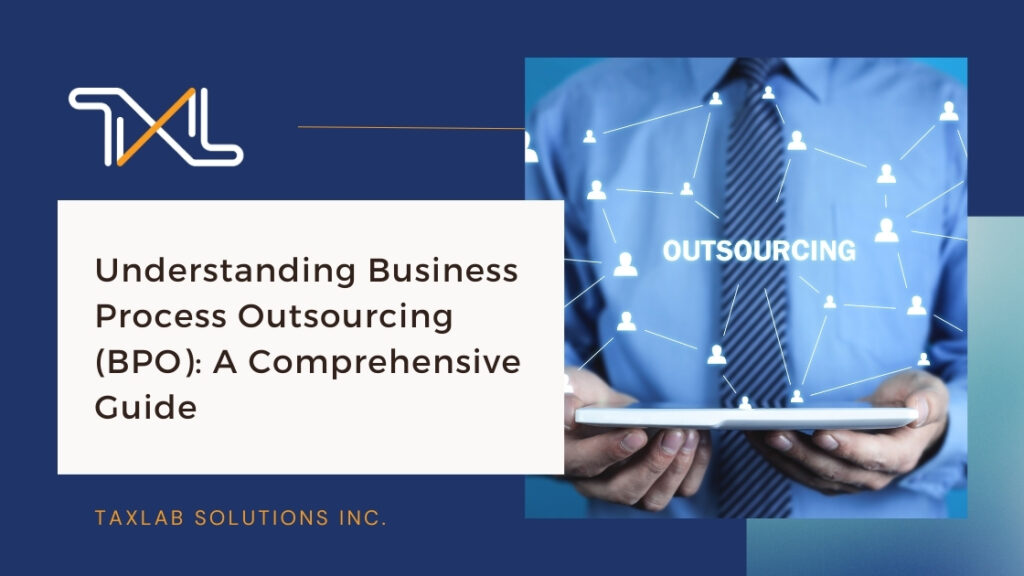Business Process Outsourcing (BPO) is a strategic approach that enables companies to outsource specific business functions or processes to a third-party provider. This comprehensive guide explores the benefits, types, and impact of BPO on businesses globally.
Key Findings:
-
- Definition: BPO is the practice of contracting a third-party provider to handle specific business functions or processes, such as administrative tasks, customer service, or accounting.
-
- Benefits: BPO offers cost savings, increased efficiency, access to specialized expertise, improved scalability, and the ability to focus on core competencies.
-
- Types: There are several types of BPO, including front-office, back-office, offshore, nearshore, and onshore outsourcing.

Key Benefits of BPO:
-
- Cost Savings: BPO providers often operate in countries with lower labor costs, allowing companies to reduce their operational expenses.
- Increased Efficiency: Outsourcing non-core functions enables companies to streamline their processes and improve efficiency, leading to faster turnaround times and higher productivity.
- Access to Specialized Expertise: BPO providers have a pool of highly skilled and experienced professionals, giving companies access to specialized expertise they may not have in-house.
- Improved Scalability: BPO allows companies to easily scale their operations up or down as needed, without the need to invest in additional infrastructure or personnel.
- Focus on Core Competencies: By outsourcing non-core functions, companies can free up their internal resources to focus on their core competencies and strategic initiatives.

How BPO Can Transform Businesses Globally:
BPO has the potential to transform businesses globally by enabling them to:
-
- Expand into new markets: By outsourcing non-core functions, companies can free up resources to focus on expanding into new markets and reaching a wider customer base.
- Improve competitiveness: BPO can help companies reduce costs, improve efficiency, and access specialized expertise, making them more competitive in the global marketplace.
- Drive innovation: By freeing up internal resources, BPO allows companies to invest in innovation and develop new products and services.
- Create jobs: The BPO industry creates millions of jobs worldwide, providing employment opportunities in developing countries.
TaxLab Solutions Inc. – Your Trusted BPO Partner:
TaxLab Solutions Inc. is a trusted BPO partner that offers a wide range of services, including accounting, finance, customer service, and administrative support. Their team of highly skilled and experienced professionals is dedicated to delivering exceptional results and exceeding client expectations. With TaxLab Solutions Inc., companies can reduce costs, improve efficiency, and access specialized expertise, enabling them to focus on their core competencies and strategic initiatives.
Conclusion:
BPO is a strategic approach that can significantly impact a company’s success. By understanding the benefits of BPO and leveraging the expertise of trusted partners like TaxLab Solutions Inc., businesses can streamline operations, reduce costs, and focus on their core objectives. Whether you’re looking to reduce costs, improve efficiency, or access specialized expertise, TaxLab Solutions Inc. is your trusted BPO partner.
FAQs:
- What are the risks associated with BPO?
While BPO offers numerous benefits, there are also potential risks to consider. These include communication challenges, data security concerns, and the potential loss of control over outsourced processes. However, these risks can be mitigated by carefully selecting a reputable BPO provider and establishing clear communication channels and service level agreements. - How do I choose the right BPO provider?Choosing the right BPO provider is crucial for the success of your outsourcing initiative. Consider factors such as the provider’s experience, expertise, industry knowledge, and track record. It’s also important to ensure that the provider has a strong security infrastructure and data protection policies in place.
- How much does BPO cost?
The cost of BPO varies depending on the type of services outsourced, the provider’s location, and the volume of work involved. However, BPO can often provide significant cost savings compared to handling processes in-house. - How do I measure the success of my BPO initiative?
It’s important to establish clear metrics to measure the success of your BPO initiative. These metrics should align with your business goals and objectives and should be tracked regularly to ensure that the outsourcing partnership is delivering the desired results. - What are the future trends in BPO?
The BPO industry is constantly evolving, with new technologies and trends emerging. Some of the key trends to watch include the increasing adoption of artificial intelligence (AI) and automation, the rise of cloud-based BPO solutions, and the growing demand for specialized BPO services.

